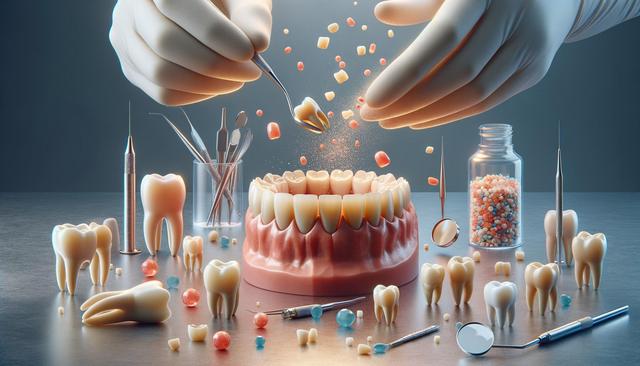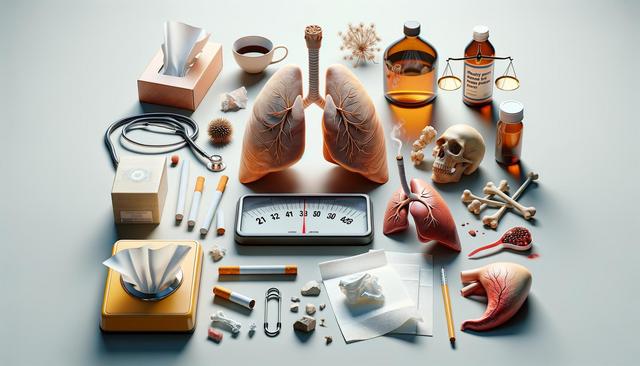What Are Dental Crowns?
Dental crowns are custom-made caps designed to cover and protect a tooth that has been weakened by decay, trauma, or extensive dental procedures. They are typically used when a tooth is too damaged to hold a filling but not so compromised that it requires extraction. Crowns can be made from various materials, including ceramic, porcelain, metal alloys, or a combination of these. Each material offers unique advantages in terms of durability, appearance, and cost.
These restorations are designed to mimic the natural shape and color of your teeth, blending in seamlessly with your smile. By covering the entire visible portion of the tooth above the gum line, a crown restores its strength and integrity, enabling normal chewing and speaking functions. Crowns also serve an aesthetic function by improving the appearance of misshapen or severely discolored teeth.
In many cases, crowns are used in conjunction with other dental procedures such as root canals, dental implants, or bridges. They are an essential tool in modern restorative dentistry and can significantly extend the life of a compromised tooth.
When Are Dental Crowns Necessary?
There are several scenarios where a dentist might recommend a crown. These include both restorative and cosmetic reasons. Understanding the indications for a crown can help patients make informed decisions about their oral health care.
Common reasons for needing a crown include:
- Protecting a weak tooth from breaking or holding together parts of a cracked tooth
- Restoring an already broken tooth or a tooth that has been severely worn down
- Covering and supporting a tooth with a large filling when there isn’t much tooth left
- Holding a dental bridge in place
- Covering misshapen or severely discolored teeth
- Capping a dental implant
In pediatric dentistry, crowns may also be used to save a primary tooth that’s been damaged by decay and cannot support a filling. While not every dental issue requires a crown, they are a versatile solution for many complex dental problems.
The Procedure: What to Expect
Getting a dental crown typically involves two visits to the dentist. During the first visit, the tooth is examined and prepared. This involves reshaping the tooth to make room for the crown. An impression is taken of the tooth and the surrounding area and sent to a dental laboratory where the crown will be custom-made.
While waiting for the permanent crown, a temporary one is usually placed to protect the prepared tooth. On the second visit, the temporary crown is removed, and the permanent one is fitted and cemented into place. Dentists will check for proper fit, bite alignment, and aesthetics before finalizing the placement.
Though the process is generally straightforward, it’s important to follow any care instructions provided by your dentist. This may include avoiding certain foods, practicing good oral hygiene, and attending follow-up appointments if necessary.
Benefits of Dental Crowns
Dental crowns offer numerous benefits that can improve both oral health and quality of life. One of the most obvious advantages is the restoration of function. A crown allows a damaged tooth to perform its duties without pain or risk of further damage.
Other key benefits include:
- Improved appearance of teeth due to color and shape matching
- Durability, with many crowns lasting 10-15 years or more with proper care
- Protection of vulnerable teeth from further decay or injury
- Support for dental bridges and implants
- Maintenance of proper dental alignment and bite
Additionally, crowns can prevent the need for more extensive procedures like extractions or implants by reinforcing the remaining tooth structure. This makes them a cost-effective solution in the long term, especially when considering the longevity and functional restoration they provide.
Care and Maintenance of Crowns
While dental crowns are designed to be durable, their lifespan largely depends on how well they are cared for. Good oral hygiene habits are essential to maintaining both the crown and the underlying tooth structure.
To prolong the life of your crown, consider the following care tips:
- Brush and floss daily, paying special attention to the area around the crown
- Avoid chewing hard foods or ice, which can damage the crown
- Use a night guard if you grind your teeth during sleep
- Visit your dentist regularly for cleanings and check-ups
Although the crown itself cannot decay, the tooth underneath it still can. This is why maintaining oral hygiene and attending regular dental visits is crucial. Also, any discomfort or changes in the fit of your crown should be evaluated by a dentist as soon as possible to avoid complications.


